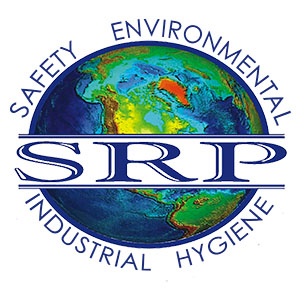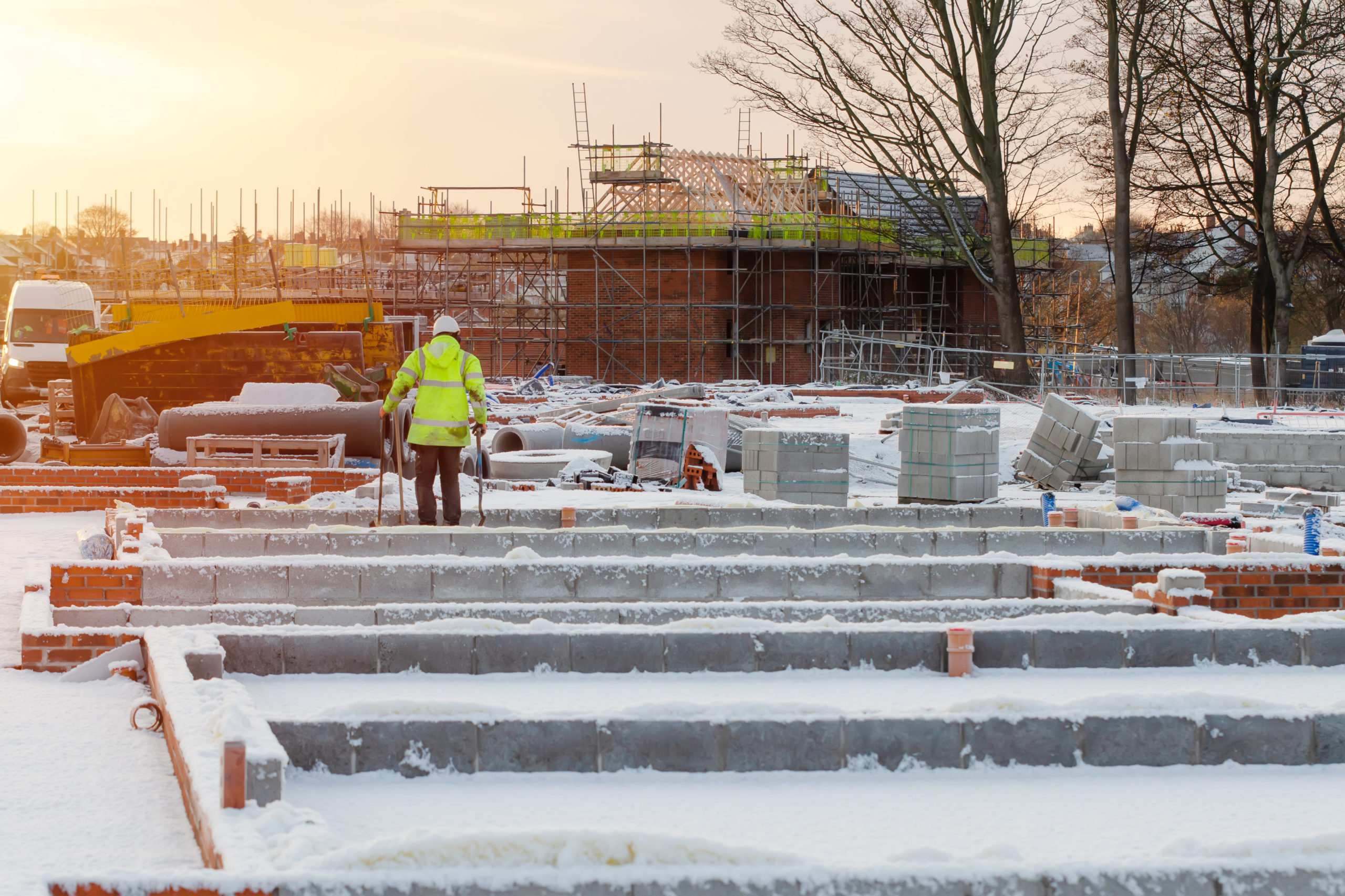Dealing With a Hurricane is Traumatic Enough, Consult With a Disaster Response Professional for Flood Assistance
Once the rain is gone and the flooding has receded, you are left with traces of contaminated water in your home or office. Flood damage to your home or business is devastating and an unexpected task to deal with.
Any outside water source that enters your home or business contains potentially harmful bacteria, including animal or human waste. Floodwater is considered a Category 3 water source, which is the worst type of classification. Category 3 water, or commonly referred to as black water, often contains infectious organisms, including intestinal bacteria such as E. coli, Salmonella, and Shigella; Hepatitis A Virus; and agents of typhoid, paratyphoid and tetanus. (Source: www.osha.gov) Additionally, water damaged areas promote mold growth. Mold spores can cause allergy-like symptoms, respiratory problems and even infections.
So what do you do next?
Contact a mold professional. Fungi, or more commonly mold, can begin to grow within 24-48 hours following a water intrusion event. With floodwater damage, it is recommended to contact a professional to conduct a fungal and bacterial assessment. Trained environmental consultants will be able to provide a full environmental assessment of the mold and bacterial growth, including hidden mold or potential contaminants within the HVAC system. A visual inspection is conducted and if necessary, mold and bacteria samples are taken. The environmental consultant will be able to interpret the results and develop a protocol with procedures needed to properly remove the mold and bacteria.
Consult with a mold remediation contractor. The environmental consultant may be able to assist you in contacting a contractor. Regardless, there are a few things you should know. Be aware of your states’ laws regarding mold contractors and mold remediation. For example, Louisiana law prohibits a contractor who performs the mold removal from obtaining mold samples of the home or building. Irregardless of the law, separating professionals who performs the work and who obtains samples eliminates any conflict of interest.
Before hiring a contractor, ask for references and verify that he or she is a licensed mold remediation contractor in your state. A written contract should also be obtained prior to having any work performed.
Air out the area. You can initially begin to air out the area by opening up windows and doors to allow air circulation. However, this task will most likely be done by the contractor. The contractor will be able to set up dehumidifiers to wick moisture out of the damaged materials and then remove damaged materials.
Disinfect any salvageable personal items. Once it is safe to enter the home or business, you can begin to remove personal items. It is recommended to thoroughly wash and disinfect the items. This will help prevent exposing you and your family or employees to fungi or bacteria from the floodwater. Keep in mind porous materials like rugs or books may not be salvageable. Furniture can be a challenge because it may be difficult to thoroughly clean inside the cushions. For clothing, follow manufacturers washing instructions.
Trust the Professionals. Many homeowners want to clean and remove mold or damaged materials themselves. However, for the health and safety of your family or employees, it is best to allow the professionals to clean and properly remove the mold and bacteria. The mold consultants and mold contractors have the experience and training needed to perform disaster restoration services.
We understand that dealing with a flooded home or office can be stressful and overwhelming. SRP has assisted homeowners and business owners in disaster response for over 20 years. Hurricane Katrina, Super Storm Sandy and most recently, the devastating flood in South Louisiana. If you have questions about what to do, contact us toll free at 866 222 4972.

 ">
">
 ">
">